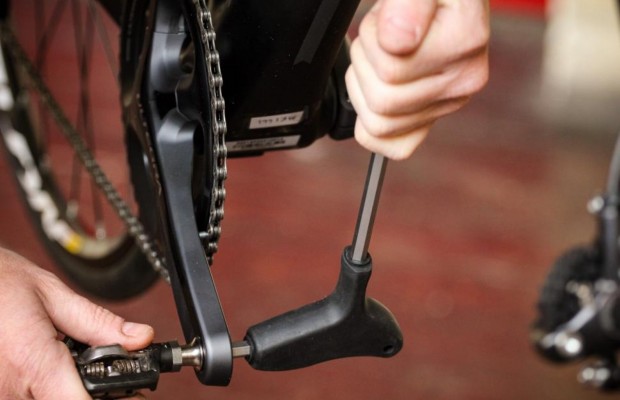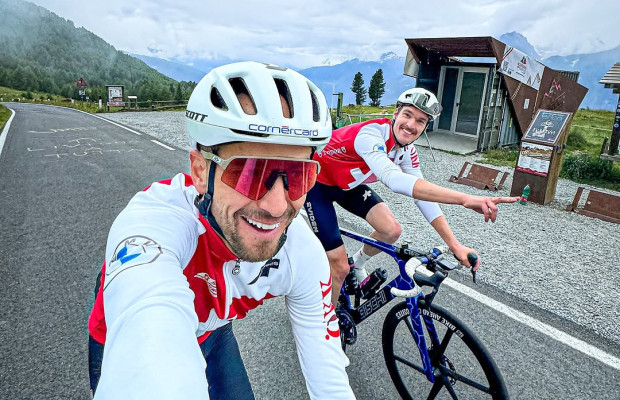Doped athletes have continued competing and working as informants
The World Anti-Doping Agency (WADA) has launched harsh criticism against the United States Anti-Doping Agency (USADA) for allowing athletes who had violated anti-doping rules to continue competing for years, as reported exclusively by Reuters.
WADA describes USADA's behavior as "ironic and hypocritical"
WADA alleges that USADA allowed these athletes to remain active while acting as undercover informants, without making their doping cases public. In a statement, WADA has described the behavior of the American agency as "ironic and hypocritical", as for years they did not report these doping cases and allowed the athletes to continue competing.

The global agency has stated that, although USADA acknowledged the existence of these cases, they requested WADA not to make any information public to protect the "athlete's safety". However, by the time WADA became aware of the situation, the athletes had already retired.
RECOMENDADO

How to choose the right crankset and cassette: a guide to find the right ratio and extend the life of your bike

Can I go cycling with the flu or a cold?

He invented the idea of jumping over the planks, which earned him a World Championship against Van der Poel

How to change the pedals of any bike in 5 steps

Is it possible to do base training when time is short?

Alcoholic beverages with the fewest calories
The scandal erupted after it was revealed that between 2011 and 2014, USADA allowed several athletes involved in doping cases to continue competing while gathering information on other offenders. WADA maintains that this practice is not allowed by the global code or USADA's own rules, and that the involved athletes should not have competed without being publicly sanctioned for it.
USADA defends its method, arguing that allowing offenders to act as undercover informants has led to the exposure of larger doping problems, including drug trafficking investigations. Travis Tygart, CEO of USADA, has stated that this strategy is crucial for dismantling larger doping networks and has been used in significant cases.
"It is an effective way to address these larger and systemic problems. If there are agents or other individuals taking advantage of athletes and trafficking with them... I think it is totally appropriate," Tygart said in statements reported by Reuters.
Doubts about the integrity and transparency of the system
WADA, on the other hand, criticizes USADA's decision to keep these cases secret and questions how clean athletes feel competing against individuals who, according to the American agency, had cheated.
The case has highlighted the tension between the two anti-doping agencies, especially at a time when the fight against doping is in the spotlight, following the recent sanctions imposed on Russia and affecting its athletes.
The conflict between WADA and USADA has raised concerns about the effectiveness and transparency in the fight against doping in sports. WADA has indicated that, although the athletes involved in these cases have ended their careers, the lack of public sanction and the possible omission of their results raise serious doubts about the integrity of the anti-doping system.
Additionally, as reported by Reuters, WADA also revealed that in 2021, USADA reported that since 2011, it had allowed offending athletes to act as informants, and WADA ordered this practice to cease immediately. The global agency has ensured that, although the implicated athletes had already retired, their results had not been disqualified or their awards returned, generating concern about the system's integrity.
USADA, in turn, described WADA's criticisms as "defamation" and linked them to previous controversies about how cases have been handled in Chinese swimming.